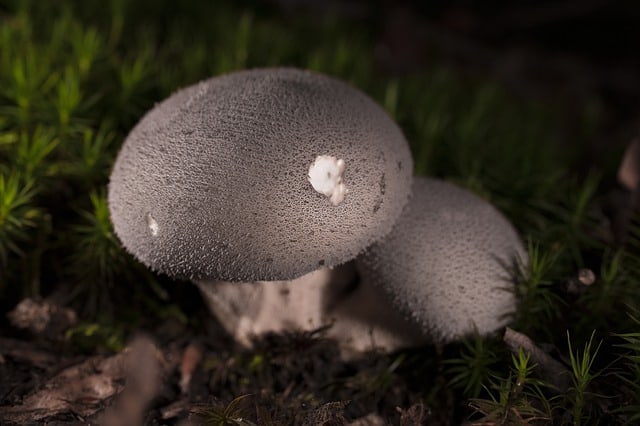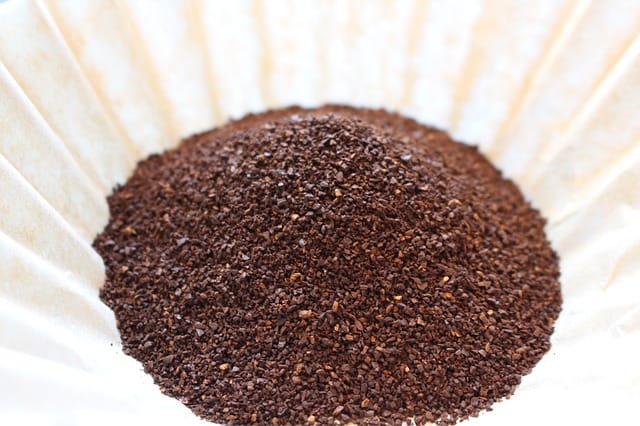There are a number of different methods that you can make use of in order to safely store and dry ginseng. One of them will be to use a commercial dehumidifier. You can also use a conventional heater or wood stove. Some people even tend to dry ginseng roots using home electric fans. All of these methods have their pros and cons.
You should also note that a number of specially designed commercial herb driers are are available on the market for you to buy. The major drawback with these models is that they usually only tend to be useful for storing and drying small quantities. They are not recommended for people who need to store and dry huge amounts of ginseng.
You can buy a much bigger commercial herb drying unit. However, you will need to be resigned to the fact that you will lay out quite a large amount of cash. Regardless, the principle behind storing and drying ginseng is a simple one. You don’t want to dry them too quickly, but it needs to be fast enough so mold won’t be able to settle in.
How To Store Fresh Ginseng Roots
Your best bet for storing fresh ginseng roots will be to use a commercial cooler or herb drier. Some people do use their regular stoves or even electric fans. But these are not the optimal ways to keep moisture out. You will be much better off using a cooler or herb drier to do this job since they are tightly sealed against moisture.
How To Store Fresh Ginseng Seeds
The best way to store fresh ginseng seeds is to use either a commercial cooler or specially designed ginseng cooler. You will need to make sure that the container you use to store your ginseng is completely sealed. You don’t want any kind of moisture to seep in and spoil your seeds. You also don’t moisture to lead to mold growth.
You can keep the temperature and light ranges at the optimal level. You don’t want the temperature to be too cold. The idea is not to freeze up the seeds. At the same time, the temperature needs to be kept high enough to keep moisture from developing on the seeds. This is why the container as well as the cooling unit needs to be sealed.
Can Fresh Ginseng Be Frozen?
There are conflicting opinions on whether or not fresh ginseng should be frozen. If you have to do it, your best bet will be to make sure you store it in a tightly sealed container. This will prevent moisture in the form of ice from ruining the freshness of the roots. Storing it in a cool but not frigid cooler is probably a safer bet.
How Long Can You Store Ginseng?
The shelf life of ginseng is about 20 years. It first needs to be dried. After you have dried the root, you need to keep it in a tightly sealed, dry, environment that is totally free of moisture. It’s best to use a commercial cooler or specially designed ginseng container. In this fashion, your ginseng may last for a period of two decades.
How To Dehydrate Ginseng Roots Or Seeds
To properly dehydrate ginseng roots or seeds, you should put them in a tightly sealed container. The roots should then be kept in a commercial cooler at a slightly high temperature to avoid freezing. You want to keep the temperature moderate to avoid moisture coming in through icing. The roots should be rotated every day or so.
How To Freeze Dry Ginseng
You can use a commercial cooler or ginseng cooler to freeze dry your ginseng roots. The idea here will not be to freeze them in the conventional sense. You want to totally dry them out so that no moisture can creep in to spoil them. But you also want to keep them as dry and cool as possible in order to extend their shelf life.
Ginseng is a root that is meant to be dried and stored for a long time. It should never be frozen. This is an action that can damage the freshness of the roots by allowing excess moisture to seep in. Your best bet will be to keep the ginseng in a tightly sealed container within the cooler. Keep the temperature at a moderate level.
How To Store Ginseng Powder
Ginseng powder can be stored in a number of ways. You can use a heater, wood stove, or even a conventional refrigerator to store the powder. In most cases, you will get the best results by using a commercial cooler or specially designed ginseng storage unit. The idea is to keep the temperature at a moderate but steady rate to avoid humidity.
The ginseng powder should be stored in a tightly sealed container to avoid moisture creeping in. This is the main reason many experts advise against freezing ginseng in the conventional sense. You don’t want ice forming on the root or among the powder. If you can store it in a ginseng cooler, it should last for a period of up to 20 years.
How To Store Ginseng Berries
Ginseng berries can be stored in specially prepared buckets or plastic tubs. Regardless of the type of container you use, you should store them in a place that is dark and cool. This could be the basement in your home or the shed outside in your garden. Make sure that the area you store them in is dry and moderate in temperature.
How To Store Ginseng Extract
Ginseng extract can be stored in a glass container that is tightly sealed to keep moisture from seeping in. You should store the container in a dark place, such as your basement or garden shed, that is dry. If properly stored, the extract can last up to 20 years.


